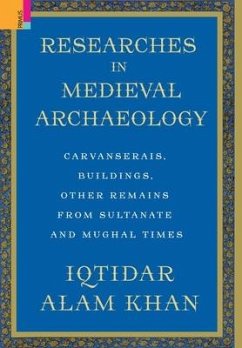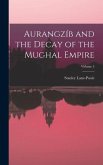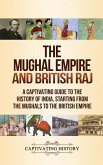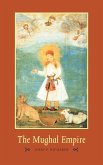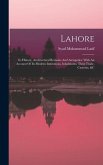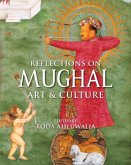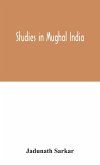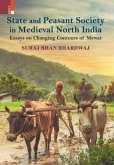The essays in this volume focus on the surviving remains in India of premodern public buildings like serais, bridges and water-works of different types as well as masonry structures meant to extract indigo or sugar from plants. Much of this evidence is significant for the study of economic history as well as war technology of the post-Turkish conquest phase. The attempt here is to present this evidence in the perspective of the evolving production technology which appears to have received an impetus with the establishment of Turkish rule.

